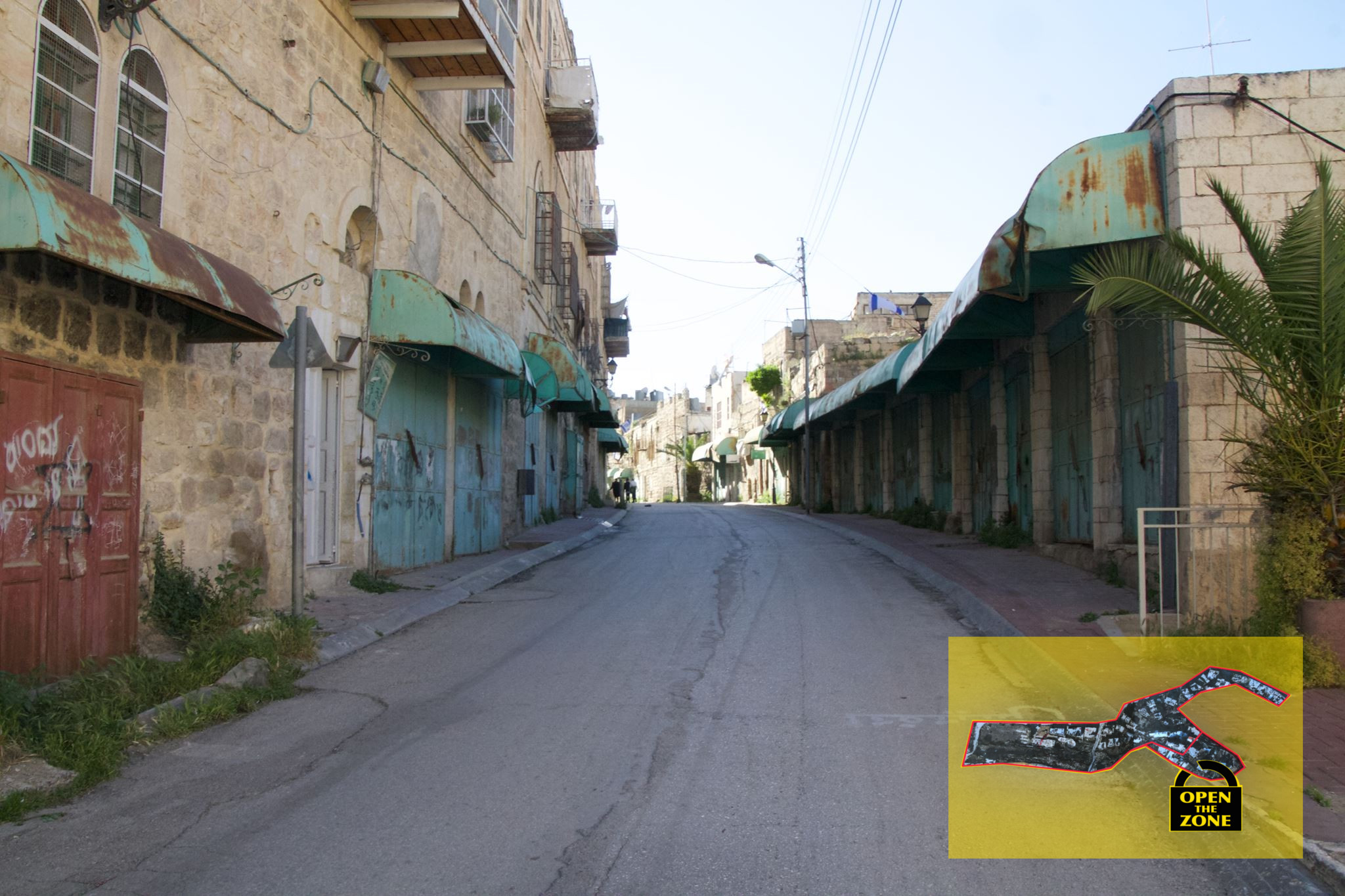Tag: Shuhada Street
-
Continuing ethnic cleansing in closed military zone in Hebron
5th October 2016 | International Solidarity Movement, al-Khalil team | Hebron, occupied Palestine Israeli forces in occupied al-Khalil (Hebron) are continuously increasing their efforts of ethnic cleansing in the Tel Rumeida neighborhood. In the area, declared a ‘closed military zone’ for almost a year, Israeli forces do everything imaginable to force the Palestinian population to…
-
Israeli forces continue annexation of ethnically cleansed Shuhada Street
20th September 2016 | International Solidarity Movement, al-Khalil team | Hebron, occupied Palestine Israeli forces in occupied al-Khalil (Hebron) are increasing their efforts to slowly annex even more of the tiny part of Shuhada Street where Palestinians are still allowed to walk. The majority of Shuhada Street, once the main Palestinian market and connection between…
-
Israeli forces return to dehumanizing number system in wake of Hebron killings
26th March 2016 | International Solidarity Movement, al-Khalil team | Hebron, West Bank, occupied Palestine After completely closing Shuhada checkpoint to Palestinians in occupied al-Khalil (Hebron) on Thursday, 24th March 2016, Israeli forces have now returned to the practice of ‘numbering’ Palestinian residents in order to restrict access to the adjacent neighborhoods. Soldiers are now…



